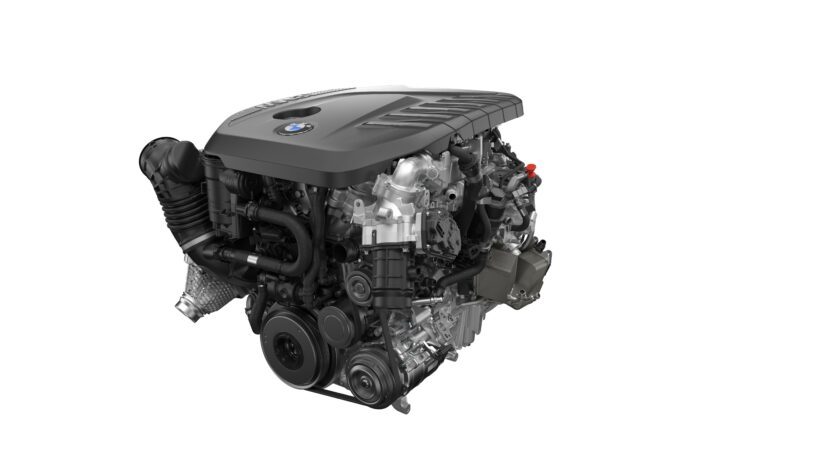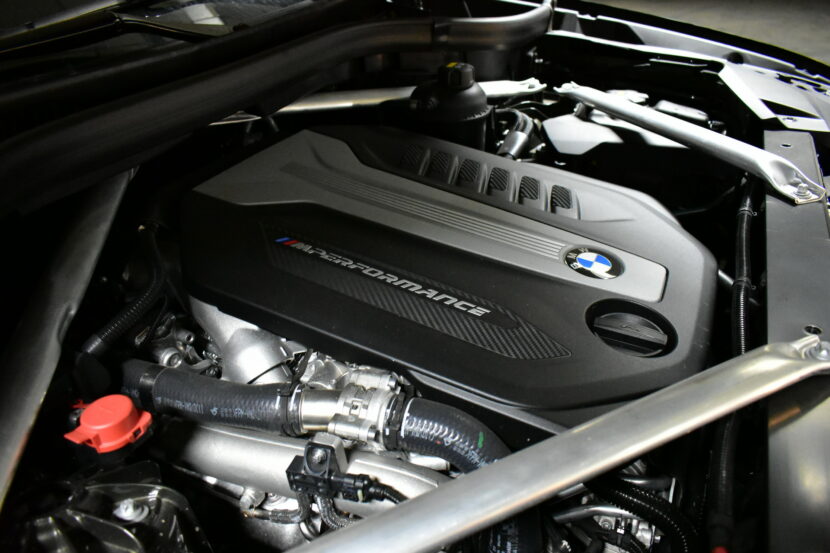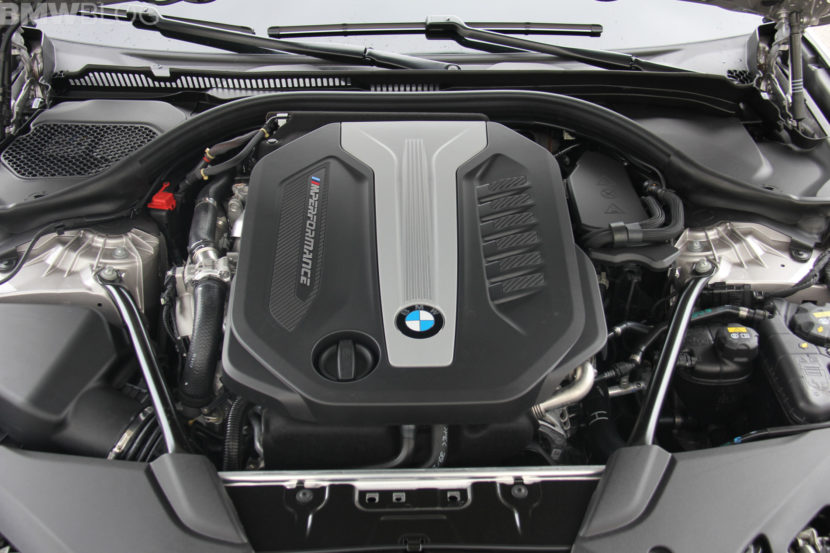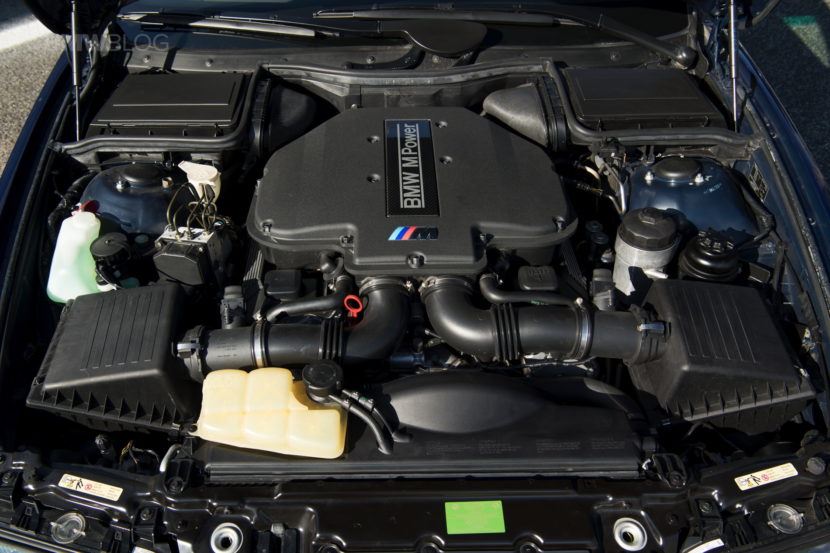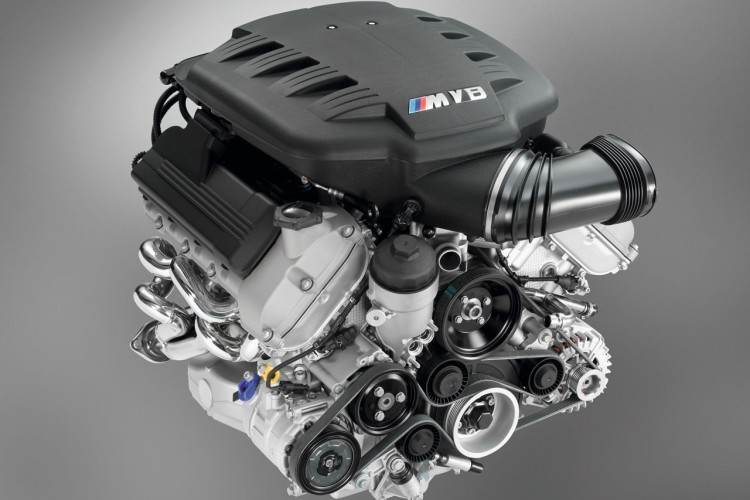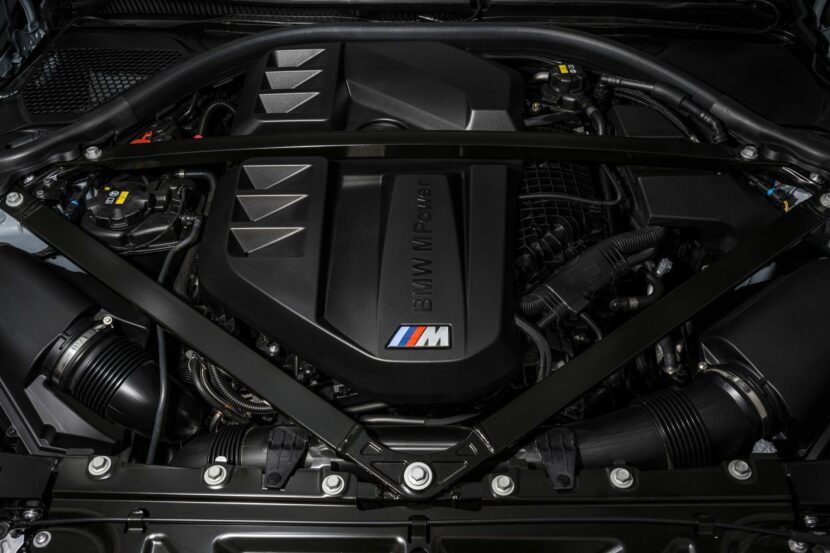The BMW B57 engine is one of the Bavarian automaker’s most acclaimed diesel powerplants, celebrated for its robust performance, impressive efficiency, and excellent reliability. Since its debut in 2015, this 3.0-liter inline-six turbodiesel has powered numerous BMW models—from the efficient 530d sedan to the potent, M Performance-enhanced M550d and X5 M50d.
Engine Overview
Replacing the well-regarded N57 engine, the B57 belongs to BMW’s modular engine family (B37, B47, B57), utilizing cutting-edge technology such as a lightweight aluminum block, advanced common-rail direct fuel injection, and BMW’s innovative turbocharging systems, including both single- and quad-turbo setups. The B57 is available in several power variants:
Engine Variants and Applications:
1. B57D30O0 (Single Turbo):
- Power Output: 195 kW (261 hp) at 4,000 rpm
- Torque: 620 Nm (457 lb-ft) between 2,000–2,500 rpm
Applications:
- 2015–2022 G11 730d, 730Ld
- 2017–2023 G30 530d
- 2017–2023 G32 630d Gran Turismo
- 2017–present G01 X3 xDrive30d
- 2018–present G02 X4 xDrive30d
- 2018–present G05 X5 xDrive30d
- 2018–present G07 X7 xDrive30d
- 2019–present G20 330d
- 2019–present G06 X6 xDrive30d
- 2022–present Ineos Grenadier (detuned to 245 hp and 550 Nm)
2. B57D30T0 (Twin Turbo):
- Power Output: 235 kW (315 hp) at 4,000 rpm
- Torque: 680 Nm (502 lb-ft) between 1,750–2,250 rpm
Applications:
- 2015–2022 G11 740d, 740Ld
- 2017–2023 G30 540d
- 2017–2023 G32 640d xDrive Gran Turismo
- 2018–present G01 X3 M40d
- 2018–present G02 X4 M40d
- 2018–present G15 840d xDrive
- 2020–present G20/G21 M340d xDrive
- 2020–present G22 M440d xDrive
- 2020–present G07 X7 xDrive40d
3. B57D30S0 (Quad Turbo):
- Power Output: 294 kW (394 hp) at 4,400 rpm
- Torque: 760 Nm (561 lb-ft) between 2,000–3,000 rpm
Applications:
- 2016–2020 G11 750d, 750Ld
- 2017–2020 G30 M550d xDrive
- 2018–2020 G05 X5 M50d
- 2018–2020 G07 X7 M50d
- 2019–2020 G06 X6 M50d
Reliability and Durability
Reliability is a hallmark of the B57 engine. BMW has consistently improved upon diesel technologies, addressing issues that affected previous diesel generations. Common reliability improvements include:
- Timing Chain Durability: Unlike some earlier BMW diesel engines, the B57 timing chain is located at the rear but is notably robust and reliable. Issues such as timing chain stretch and guide failures are exceedingly rare.
- Improved Emissions Components: Diesel particulate filter (DPF) and exhaust gas recirculation (EGR) systems are considerably more durable compared to earlier generations. BMW’s enhanced DPF and SCR (Selective Catalytic Reduction) technology mitigate common emissions-related problems, especially in high-mileage scenarios.
- Thermal Management: The B57 benefits from improved cooling system design, significantly reducing overheating risks that previously affected BMW diesel models under heavy load or towing.
With regular maintenance, including timely oil changes, adherence to fuel quality standards, and proper service intervals, the B57 is known to easily surpass 300,000 km (approximately 186,000 miles) without major mechanical failures, making it a popular choice among long-distance drivers and fleet operators.
Efficiency and Performance Balance
BMW designed the B57 engine specifically to blend effortless torque with remarkable fuel efficiency. In real-world driving, many B57-powered vehicles regularly achieve between 5.5 and 7.5 liters per 100 kilometers (31–43 mpg US), depending on the model, driving conditions, and driving style.
Key efficiency-enhancing features include:
- Common-Rail Injection: With injection pressures up to 2,500 bar, the B57 achieves excellent atomization, providing clean combustion and reducing particulate emissions.
- Variable Geometry and Multi-Stage Turbocharging: Precisely regulated boost pressure ensures low-end responsiveness and high-end power while optimizing efficiency across the RPM range.
- Lightweight Aluminum Construction: Reduction in engine mass contributes significantly to improved fuel economy and handling characteristics.
Tuning and Performance Potential
One of the standout aspects of the B57 engine is its immense tuning potential. BMW enthusiasts and tuners appreciate its durability and ample overhead for reliable performance gains.
Popular B57 Tuning Methods
- ECU Remapping (Stage 1/2):
ECU remaps commonly boost B57 engines by an additional 40–80 hp and 70–120 Nm torque without major mechanical modifications, dramatically enhancing acceleration and responsiveness. - Intake and Exhaust Upgrades:
While less transformative than a remap, aftermarket exhaust systems and performance air filters can still yield noticeable improvements in throttle response, turbo spool, and acoustic character. - Turbo Upgrades (Stage 3):
Enthusiasts pursuing higher power often upgrade to larger or reinforced turbochargers. For example, upgrading a single-turbo B57 variant can push power to 400–450 hp, and quad-turbo variants (such as those found in M50d) can achieve 450+ hp with suitable modifications. - Intercooler and Cooling Upgrades:
Upgraded intercoolers and oil coolers are beneficial for sustained performance, especially under track conditions or extensive towing, helping to manage intake temperatures and protect engine longevity.
Things to Watch Out For When Tuning
- Transmission and Driveline: Higher torque from extensive tuning can stress the ZF automatic transmissions or xDrive components, necessitating careful upgrades or servicing to maintain drivetrain reliability.
- Emissions Compliance: Aggressive tuning can impact emission system components such as the DPF, EGR, and SCR systems, potentially shortening their lifespan. Many tuners recommend pairing remaps with optimized exhaust solutions and regular emissions-system inspections.
- Warranty Considerations: ECU tuning and major hardware upgrades typically void manufacturer warranties, making it crucial to carefully consider the balance between performance gains and risk tolerance.
One of BMW’s Best Diesel Engines
BMW’s B57 engine stands out as one of the brand’s most successful modern diesel powerplants, excelling in reliability, efficiency, and dynamic performance potential. Whether the goal is achieving economical commuting, effortlessly hauling long distances, or enjoying spirited performance on open roads, the B57 offers an exceptional balance. Moreover, the engine’s robust construction and advanced engineering provide tuners and enthusiasts ample scope for safe and satisfying modifications.



